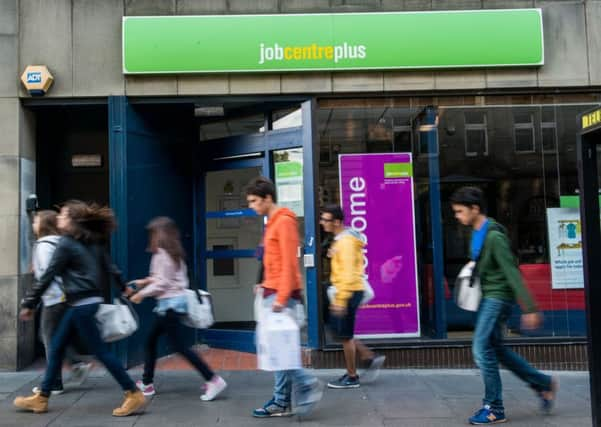Three in five workers want higher pay and a better boss
This article contains affiliate links. We may earn a small commission on items purchased through this article, but that does not affect our editorial judgement.


Research by Investors in People highlighted how poor management was leading many workers to feel unhappy. The survey of more than 1,000 workers found that one in ten believed the jobs market had improved since a year ago.
One in four people were actively looking for a new job, with pay the biggest gripe, followed by poor management and not feeling valued. More than one in three wanted more flexible hours ahead of a decent pay rise.
Advertisement
Hide AdAdvertisement
Hide AdPaul Devoy of Investors in People said: “We were expecting to see British workers planning to stay put in the face of economic uncertainty, but we’ve seen exactly the opposite – a significant rise in people seeking to move employers in 2017 and a jump in jobs confidence.
“Workers are telling us they want to move for better pay, better management and flexible working. This sends a clear message to British business to invest in your people or risk losing them.”
He added: “With wages stagnating and a strong jobs market there is a clear imperative to address workers’ pay and tackle poor management.
“Poor management, not feeling valued and no career progression are critical factors for workers being unhappy in their jobs. Employers need to really invest in their people in 2017 to attract and retain the best talent.”
A separate study by employment group Reed confirmed that many workers are preparing to switch employers in 2017. Its survey of 2,000 workers found that many wanted a better work-life balance or chance to improve their skills.
James Reed, chairman of reed.co.uk, said: “We’ve seen more new jobs posted this year than last. We continue to see growth in key sectors, including manufacturing and construction, and the signs for January are that people who are looking to make their next career move will have a wide choice of vacancies.
“But the medium- to long-term outlook is much less certain. After the relief of seeing the jobs market show resilience after the Brexit result, we are seeing early warning signs that economic and political uncertainty, the falling value of the pound and turbulence in the financial markets are having an impact on the creation of new opportunities, with annual decreases in new jobs of 15 per cent in banking and 11 per cent in apprenticeships.
“Now is the time for the government to address this uncertainty to safeguard jobs and livelihoods, both now and in the future.”
